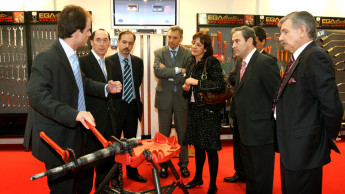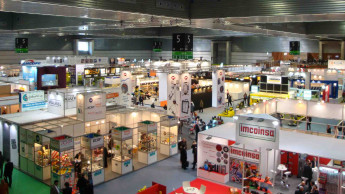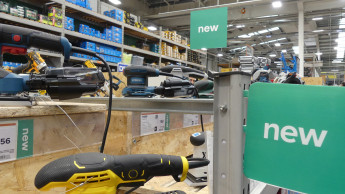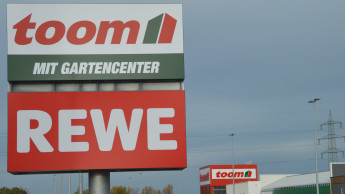The growth achieved by the Italian DIY retail chains in the course of the first six months of 2002 came to five per cent. A figure that is not actually very meaningful, but the industry should be satisfied with this five per cent, in view of the sluggishness of the Italian economy in general. Market analysts are not surprised by this positive progress, since the National Institute for Trade Research is talking about an expansionary trend in the non-food sector, which saw an increase of 11 052 outlets over 2002. This is offset by a drop of 607 stores in the food industry.
According to information from the business institute, the tools, hardware, DIY and garden sector with retail profiles in excess of 1 500 m2 ranks third behind the furnishing and textile sectors on the retail league table. Reassuring data for the traditional retailers as well, who will not have to cope with any greater sales fluctuations, despite the warning signals coming from their trade associations: they have even managed to notch up a slight increase in sales instead. In the year 2001 there were 36 129 retail outlets in the hardware, paint, garden and bathroom sectors, and in the following year the number increased to a total of 36 731 (+ 1.6 per cent).
It can be said in summary that the Italian market is developing without any particularly big fluctuations, either positive or negative. Whereas the big chains are investing in the opening of new outlets in southern Italy, the retail groups that specialise in smaller or medium-sized formats are attempting to win over to their side such stores as are already in existence. The DIY landscape in Italy will in the future be characterised by retail companies that are represented on both a national and a regional scale. Castorama and La Prealpina are two entirely different worlds, but they complement each other in a country that is greatly fragmented in terms of both its geography and its society.

 Menü
Menü















 Newsletter
Newsletter